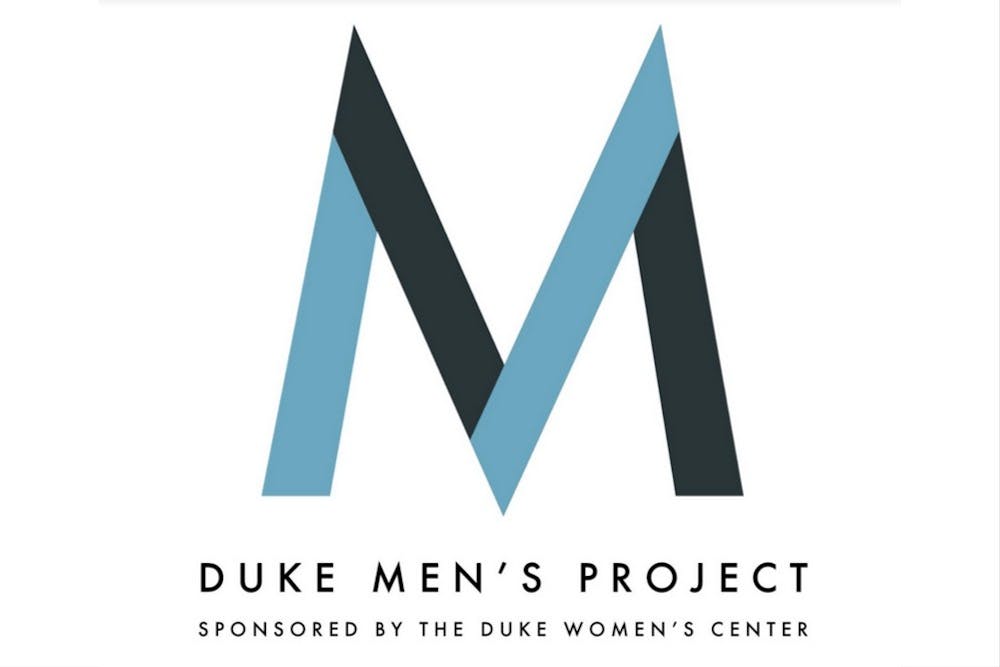Entering its second year, the Men's Project has already received both national criticism and support on campus.
Launched in Fall 2016, the Duke Men’s Project began as a nine-week program aimed at providing a space for men on campus to examine male privilege and masculinity. Although the project has come under fire from conservative media outlets, some male students said they are excited for its messaging to be further incorporated on campus.
"I can’t see a way in which [the Duke Men’s Project] has anything other than positive effects," said senior Jack Lubin, director of community interaction for the Interfraternity Council. "It’s undeniable that there are issues that exist, and addressing that from an institutional standpoint can only improve the way this campus runs and the way social interactions are carried out."
The Men’s Project is a nine-week long storytelling program that seeks to foster challenging and difficult conversations between members of Duke’s community about patriarchal structures, gendered stereotypes and male privilege.
For the program to have its intended impact, Lubin said its presence needs to be felt beyond the students who directly enroll in it—it needs to be felt by both the students who are compelled to enroll, and those who aren’t.
“I think it can only have a positive impact as far as educating and engaging men on campus who might not be aware of the stereotypes they play into," Lubin said.
But some conservative media outlets have thought differently.
On Lifezette, a news and commentary website founded by conservative political commentator Laura Ingraham, Michele Blood said the “[the project’s] implementation may inadvertently cause students more harm than good” by leading male students to incorporate a “false identity.”
In response to the criticism, Larry Moneta, vice president for student affairs, wrote in an email that he is confident in the project's "role in helping students unpack issues that affect relationships, misconceptions and behaviors."
“Duke, as do all our peer institutions, get criticized all the time for one thing or another," he wrote. "Our response is generally to disregard ignorance and misinformation and to continue to do the right thing.”
Interfraternity Council President James Bradford added that he is enthusiastic about the future interplay between the IFC and the Men’s Project through these events.
"[IFC needs] to be actively engaging with [the Men’s Project], not just supporting them," Bradford said. "The types of conversations that they’re having are exactly the conversations that we as Greek men need to be having on campus."
Lubin also explained that by interacting with the Duke community at large and engaging with other on-campus organizations such as IFC, the Men’s Project can hopefully broaden and augment its influence.
“I could foresee a universe in which the Men’s Project and the IFC work together to introduce new members as they’re going through various processes of joining fraternities," Lubin said. "Introducing the perspective of brotherhood and this sense of masculinity that isn’t stuck in the same stereotypes and pressures it might have is totally translatable to the IFC’s conceptions of brotherhood."
In addition to the project's nine-week in-depth program, it also holds monthly events open to the entire Duke campus. The first open event, "Meme-o-logy," will be held Sept. 27.
Get The Chronicle straight to your inbox
Signup for our weekly newsletter. Cancel at any time.

